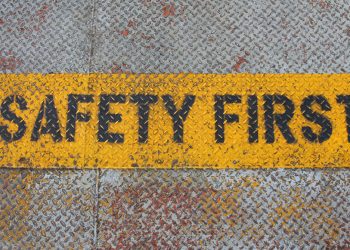Challenges faced and Lessons to be learned

Confidential Hazardous Incident Reporting Programme (CHIRP) has received a report regarding overtaking.
Report Text:
“The incident occurred in the afternoon in the Irish Sea. The weather was NW 5/6 with good visibility. Vessel “A” was on a NW’ly course, ahead and to port was vessel “B” on a NNE’ly course. Vessel “A” appeared to be the overtaking vessel coming up on the starboard quarter of “B” at a speed of about 20 kts. As they closed “A” called the “B” on #16, then onto #6 and the following conversation took place (this is not a word for word recollection of the conversation):
“A” “What are your intentions?”
“B” “Stand-by”, then a few seconds later “I have checked your position and you are more than two points abaft my beam.”
“A” “Yes sir, what are your intentions?”
“B” “You are more than two points abaft my beam.”
“A” “You are showing me a green light (in daylight?), you go around my stern.”
“B” “No sir, you are more than two points abaft my beam.” The conversation continued in the same vein for a couple of minutes then:-
“A” “Ok sir, I shall alter course to starboard and we pass red to red?”
“B” (Hesitantly) “Ok”
“A” “No sir, I am altering my course to port and we pass green to green? Sorry I do not understand English”
“B” “This has nothing to do with your understanding English, but the understanding of the collision regs.”
“B” then suggested that the officer on “A” have a read of Rule 13 of the collision regs.
“A” then returned to #16 altered course to port and passed around the stern of the “B”.
Without wishing to seem cynical, but there appeared to be a total lack of understanding of the “basics” of the collision regs in this incident and it gives me reason to be concerned.
CHIRP Comment
The Maritime Advisory Board noted this incident bore many similarities with the collision between the Hyundai Dominion and Sky Hope, where the vessels were debating the Rules almost up to the point of collision! Rule 13 (c) states:
“When a vessel is in any doubt as to whether she is overtaking another, she shall assume that this is the case and act accordingly.”
There is clearly a language issue in this incident and whilst the English language used in this exchange may not be considered difficult; the use of Standard Marine Communication Phrases is recommended when dealing with an OOW (Officer of the Watch) whose first language is not English.
Source:CHIRP





























































